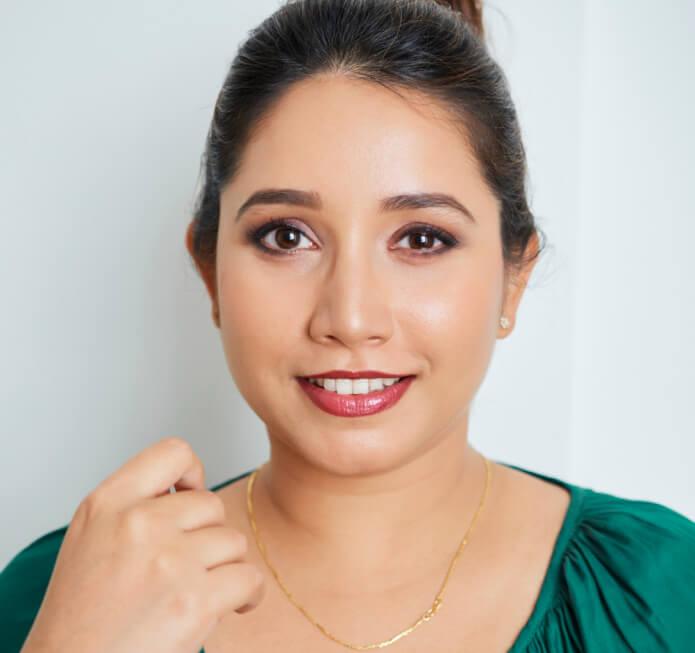Frequently Asked Questions
Does Botox Really Work For Bruxism?
Yes! Botox is an effective treatment for bruxism (teeth grinding). These injections target the masseter muscles and help them relax. Without the constant tension, the masseter muscles won’t continually contract and cause you to clench your jaw involuntarily. You may also see an improvement in your sleep if you no longer grind your teeth at night. This treatment may prevent future dental problems caused by chronic, untreated bruxism. Many patients see a significant improvement in teeth grinding after Botox for bruxism injections.
How Long Does Botox For Bruxism Last?
Generally speaking, injections of Botox for teeth grinding may last between three to six months. Some factors that affect the longevity of your results include how quickly your body metabolizes the medicine, how active your lifestyle is, and the density of your muscles. After your initial appointment, keep track of how long your results last; then, make a note of the duration so you can schedule your future sessions accordingly.
Will Insurance Cover Botox For Jaw Clenching?
Cosmetic treatments are considered elective, meaning insurance won’t cover them. However, if the treatment is medically necessary to improve a health condition, such as teeth grinding, insurance may cover it. Check with your insurance company before your treatment to see if they offer coverage for Botox for bruxism. Seattle Plastic Surgery can provide you with the necessary forms to submit to your insurance company if needed.
Does Botox For Bruxism Change Face Shape?
While the primary goal of Botox for bruxism isn’t to change the shape of your face, it can have an impact on your facial profile. When you continuously clench your teeth, your jaw muscles (masseters) may become overdeveloped, leading to a broad, more defined jaw. After Botox sessions, your masseter muscles may relax, causing them to shrink a bit. This can produce a slimmer facial structure and give you a more aesthetic jawline.
Does Masseter Botox Cause Sagging?
Botox injections cause your muscles to relax; however, there is the risk of too much Botox causing your masseter muscles to sag. The best way to avoid sagging jaw muscles after Botox injections is to choose a qualified injector at Seattle Plastic Surgery. Our providers will take the time to assess your skin condition before injecting Botox. This allows them to determine if your skin will require more or less Botox. If your skin has less elasticity, your injector will start with fewer Botox units to prevent sagging masseter muscles.





